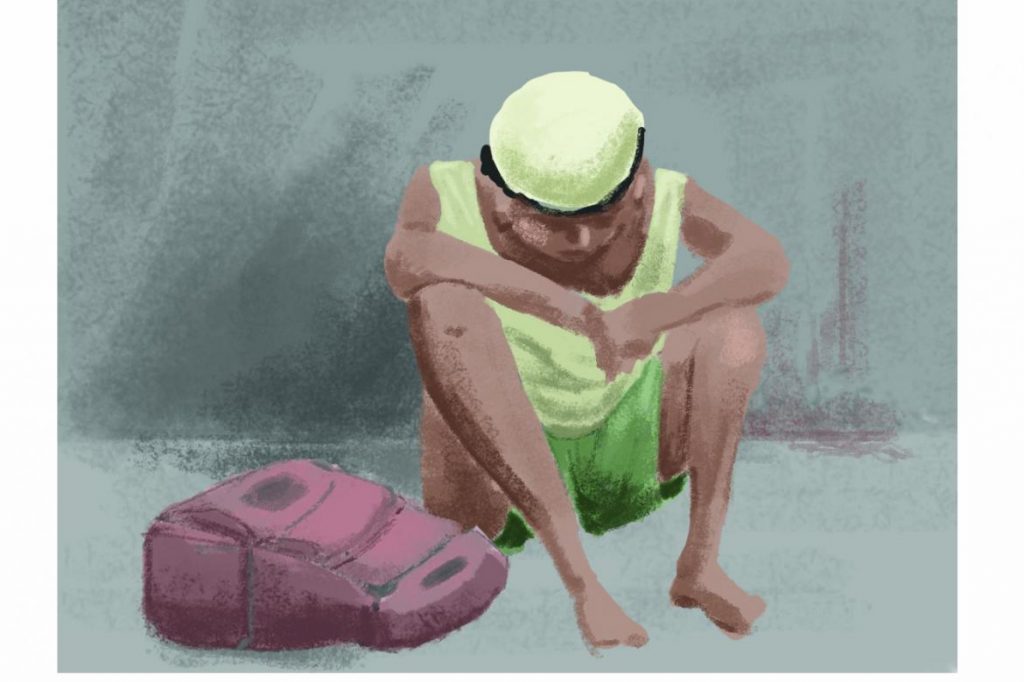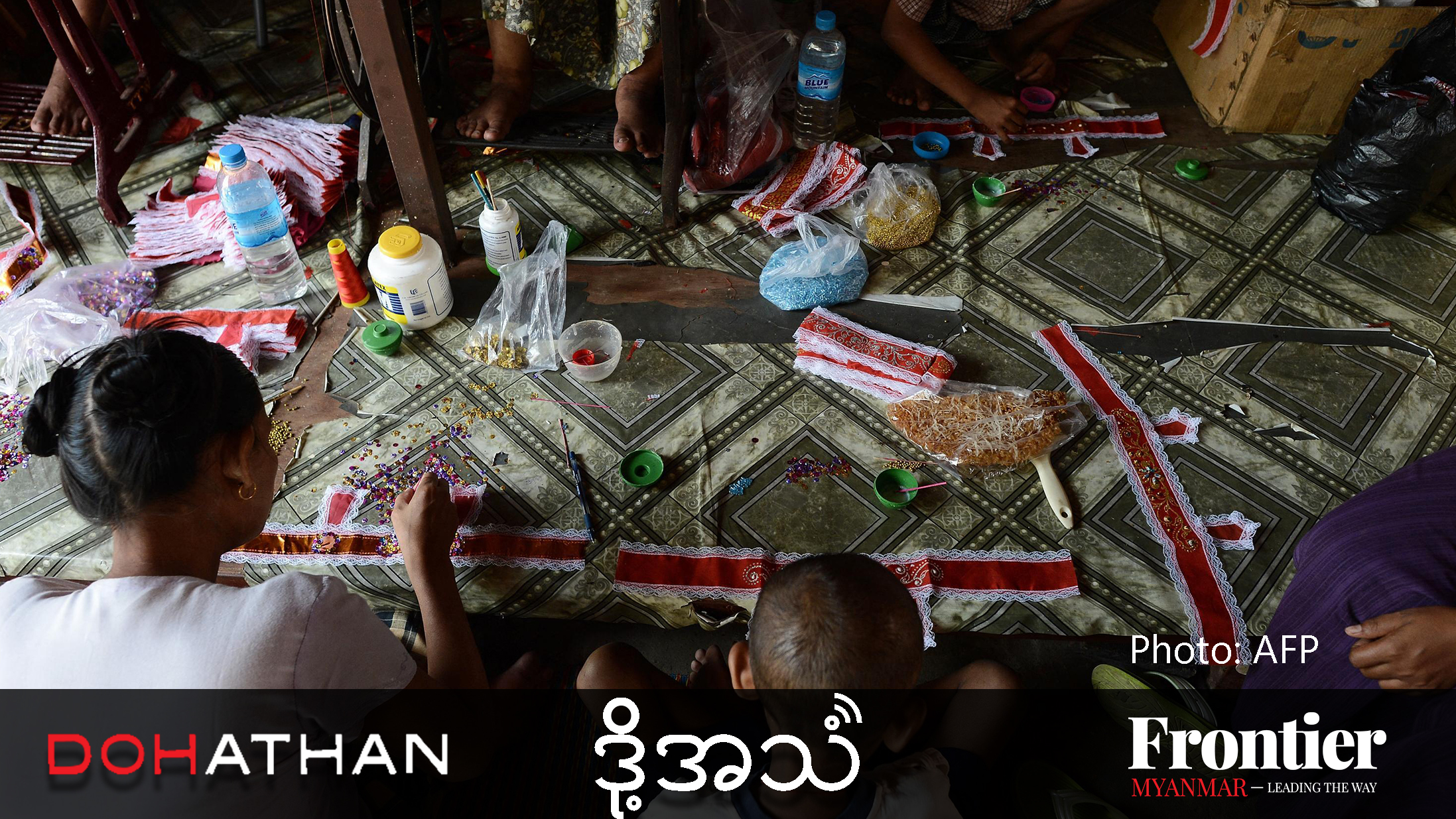Ko Shafique walked across Myanmar for 18 days, hiding in the jungle during the day to avoid detection.
His family had agreed to pay K4 million – the equivalent of more than US$2,500 –to traffickers so he could join his brothers in Malaysia.
Before reaching the border town of Myawaddy in Kayin State, from where he would be transported across Thailand, he and six adult Rohingya were detained on a bus.
Instead of an adult prison, Shafique, 15, was sent to a youth “rehabilitation centre” near Yangon for two years. He has not been able to see his relatives while in detention.
Despite all this, he is determined to try again.
Think about that for a moment. What level of desperation is required for a family to pay exorbitant sums to criminals so that their child can undertake a dangerous journey to a foreign land, most likely never to return? For a child to undergo a dangerous trek and prolonged detention away from family, yet still be willing to do it all again?
Support more independent journalism like this. Sign up to be a Frontier member.
Shafique’s story is not unique. Right now, 55 Rohingya children are being held in two Yangon rehabilitation centres, the majority for violating immigration laws. Their official “crime” is to have left their homes in Rakhine State and travelled to other parts of Myanmar without a Citizenship Scrutiny Card or the required government permission.
Their real crime is to have been born a Muslim in northern Rakhine State at a time when the state refused to consider their right to citizenship. Without identity documents, they have no legal means of escaping the poverty, violence and discrimination of life in Rakhine State.
A common thread that emerged from all of the children Frontier interviewed in our November 8 article, ‘Rohingya children locked up in yangon for travelling without ID‘, was that most see no hope and no future in staying in their villages. Many have already left, despite the risks and the cost, and every young person who remains wants to follow in their footsteps. Only those who lack the money or the connections stay behind.
When they are caught, they are depicted in news reports as common criminals. At Frontier, we believe they should have a voice, so we spoke to them and reported their stories.
Given Myanmar’s current political winds, it’s probably too much to expect the detention of these children to provoke any kind of soul searching. But it should at least be cause for a moment of reflection.
Their plight is no less sad than the hundreds of thousands of men who seek their fortune in the jade mines of Hpakant, or the women tricked into being brides or sex slaves abroad. Or the many communities in Kayin and Mon states that have been emptied of their working-age adults.
Yet, unlike these cases, the mass migration of Rohingya to Thailand and Malaysia – whether by foot, by car or by boat – is barely acknowledged inside Myanmar. It should be, because it speaks to the bleak reality of life in Muslim communities in Rakhine State, to the persecution and poverty that propel people to undertake these risky journeys.
There is another dimension to this mass migration that goes unspoken: the profiteers who benefit from the misery and desperation of the Rohingya.
Those detained on the way to Yangon, Thailand and Malaysia are in a minority, because most make it abroad. They do so by paying exorbitant fees to traffickers, who then use some of the money to pay off government and security officials along the route. Palms are greased from Sittwe and Mrauk-U to Myawaddy and Kawthaung, and communal tensions dissipate in the face of a tidy profit.
Shafique and the other Rohingya children Frontier interviewed are not criminals, they are victims – victims of a system in which a dangerous, expensive and illegal journey is seen as the only way to a better life. They are far from the only victims in Myanmar, but they are among the most tragic.







